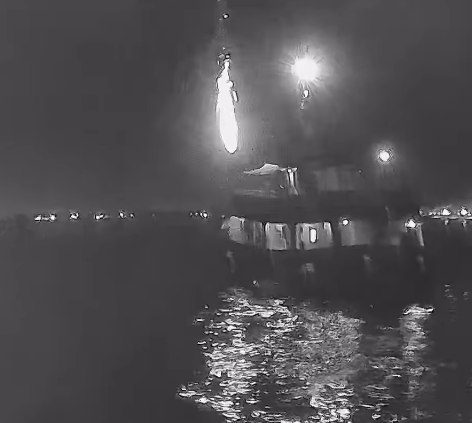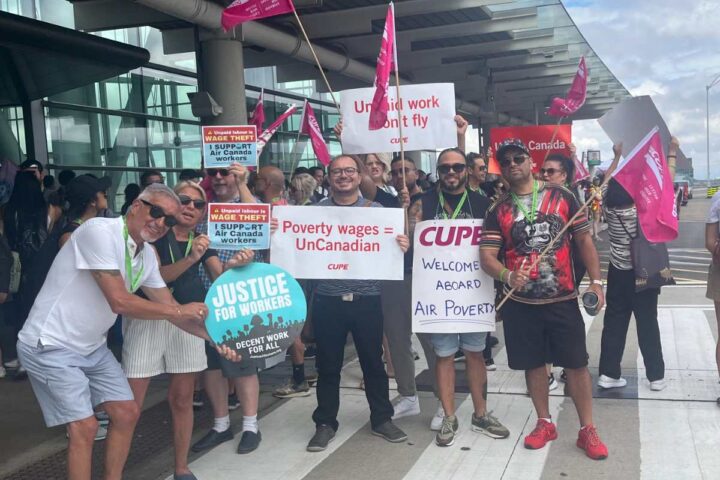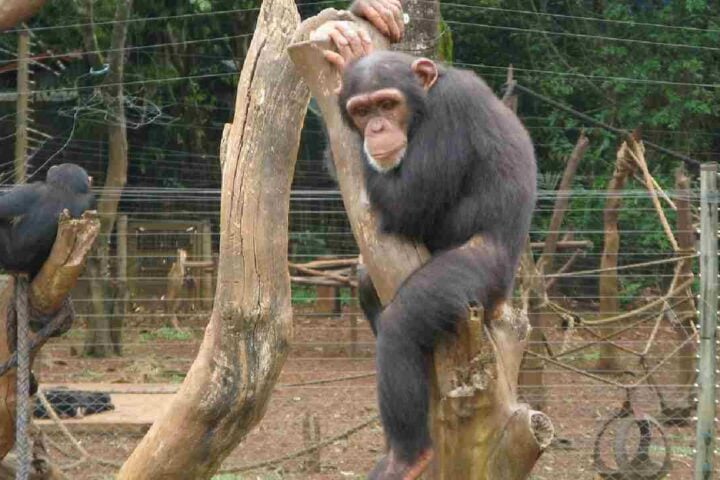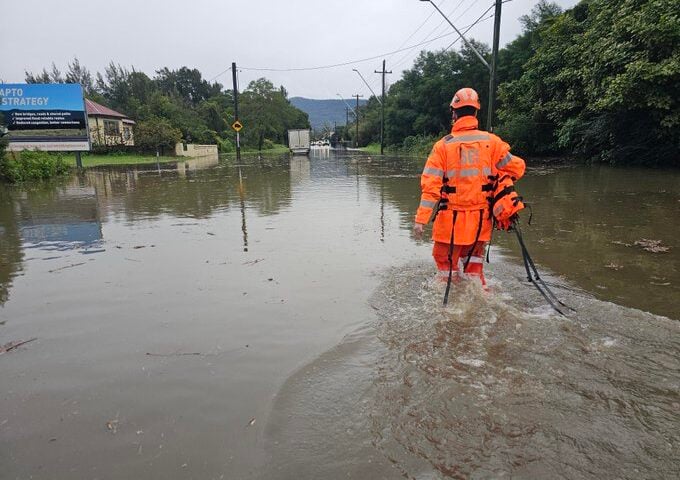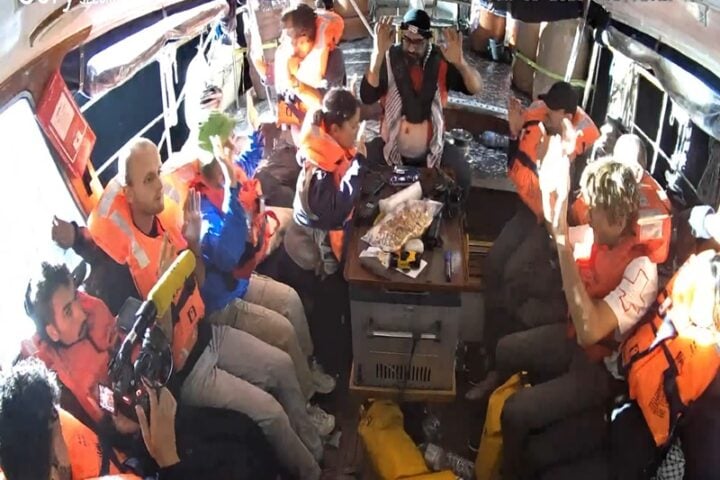Seismic surveys have the potential to hurt marine life due to its noise let out from high energy seismic source. High levels of sound for long duration can injure cetaceans such as whales, porpoises, and dolphins, as these mammals use sound as their primary method of communication with one another. If used consistently, this activity can be harmful for other marine life too.
Royal Dutch Shell had hired a vessel Amazon Warrior to track potential oil and gas fields east to Cape Town. But eventually they had to leave South African waters after community groups won a court case to temporarily halt the activity.
Shell had plans to survey the waters around Wild Coast, which is used by whales for breeding. Wild Coast spreads across the eastern side of the SA shore. The European vessel, Amazon Warrior , was scheduled to carry out a seismic survey. All this activity was engineered by Shearwater GeoServices for Royal Dutch Shell.
Many environmentally sensitive citizens raised their voice against this development and joined forces. They legally challenged this survey much before the beginning date, 1st December. A staggering 375,000 South Africans had signed the petition to repeal this survey.
On December 28, 2021 the Grahamstown High Court in Makhanda, South Africa, ordered Royal Dutch Shell to stop its seismic blasting along South Africa’s Wild Coast, a whale breeding region.
It is a major win for the ocean & nature lovers of South Africa. All the environmental groups who joined this movement have cherished the outcome.







